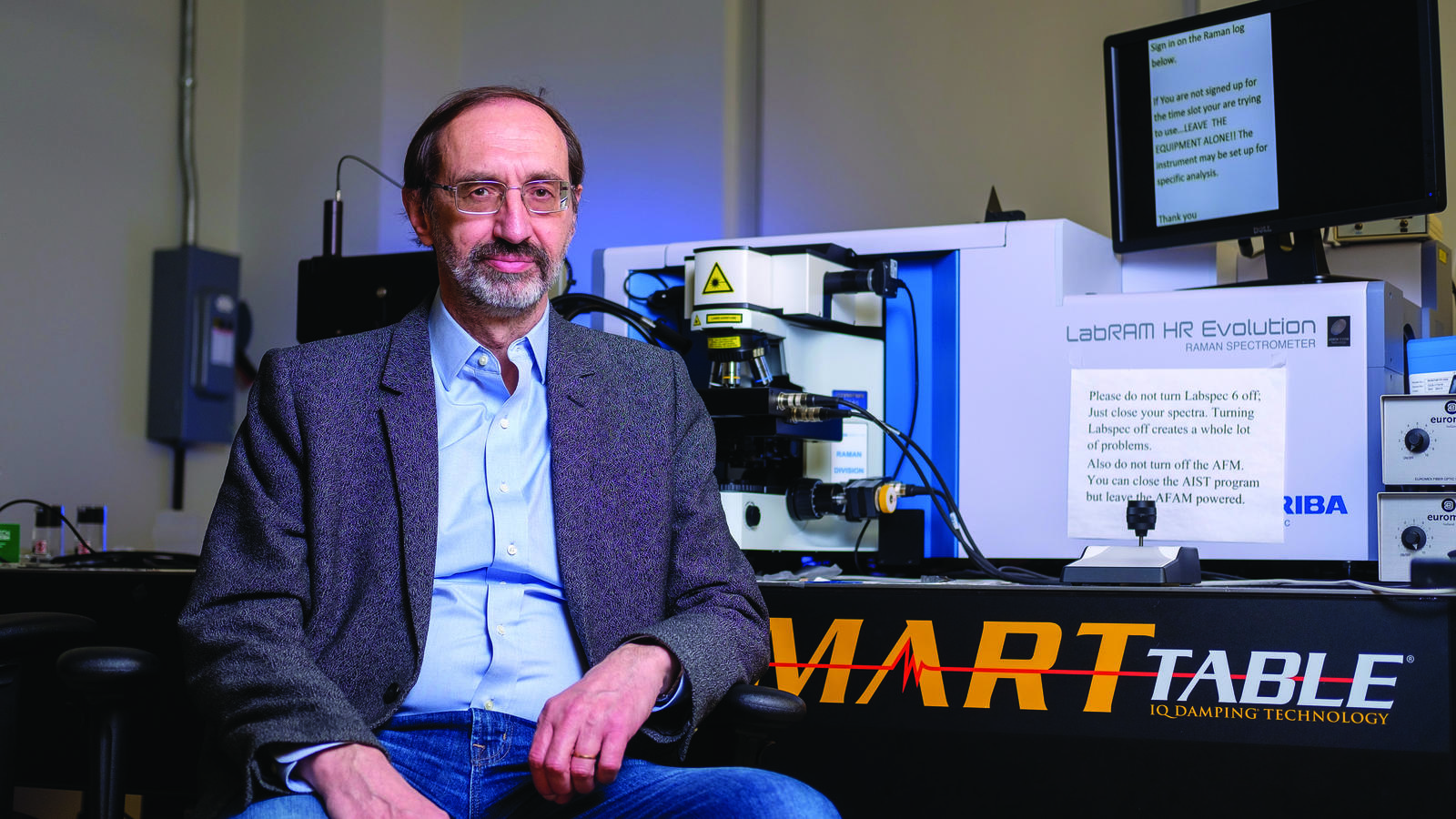
|

|
Artificial intelligence is one of the fields of computer science that has been the focus of research in recent years. Although the idea of applying artificial intelligence in various fields has existed for a long time, only in the last few years has it reached a level of development that allows work on specific applications of artificial intelligence. The goals of this project are the application of artificial intelligence in education, with a focus on personalized education, smart content, automation of tasks for teaching staff, mentoring systems and providing access to education for students with special needs.
At most higher education institutions, both abroad and in Serbia, classes are conducted according to the so-called classical model of lectures and practical / laboratory exercises. Lectures are held with a large number of students, which can be several hundred, while practical / laboratory exercises are performed in small groups, up to several dozen students. There are many justifications and reasons why the educational process is conducted in this way, but for a long time there have been trends aimed at improving the educational process. Having in mind the amount of content, as well as the very possibility of different ways in which these contents can be presented to students, it makes it a classic way of education in which one system suits everyone who as such is misleading. Artificial intelligence should make it possible to deviate from such a system by providing smart content that contributes to a better end result of the educational process.
Smart content is a change brought about by digital materials, learning guides and short lessons. Artificial intelligence can be used to adapt existing materials, or to create smart materials. Smart materials are accompanied by other aids that should contribute to a better final learning outcome, which means that the learning process should be simplified by visualization, that an appropriate learning environment should be supported and that this environment should be based on web interfaces and active use of simulations in the process. learning. All of these activities can rely on systems that support artificial intelligence. Also, smart content can be automatically updated by an artificial intelligence-based system with new relevant data. In dynamic teaching areas, teaching staff often have to update materials with new data that has changed from the previous school year. Smart content should be created in cooperation with personalized learning, because artificial intelligence can be used to determine the learning style of each student and to adapt smart content to each individual student in order to be presented to him. The objectives of this research are to provide - minimal feedback on the step that the student has edited, or information on whether the step is correct or not,
| Faculty of Agriculture, University of Belgrade | University of North Carolina, USA |
|---|---|
 |
 |
 |
 |
 |
Alade Takuta, Ph.D. |
 |